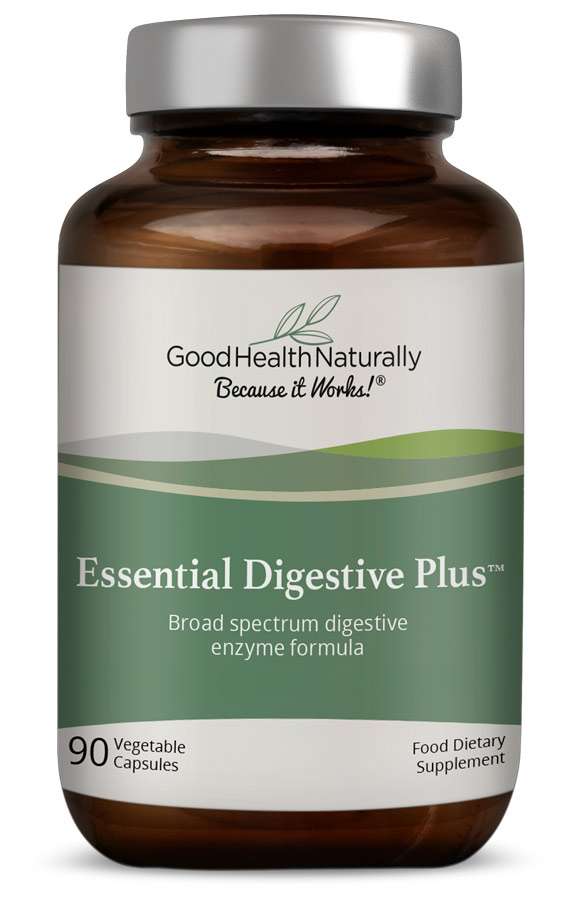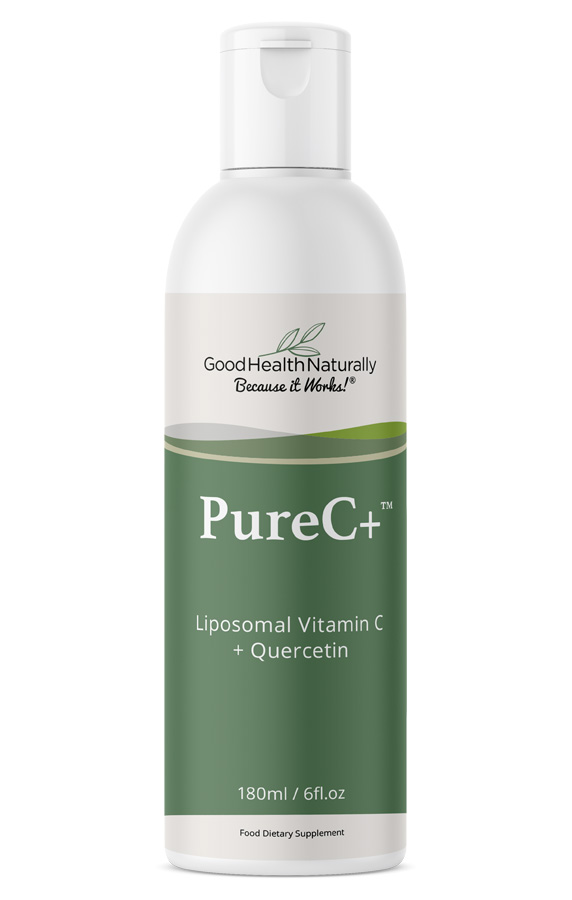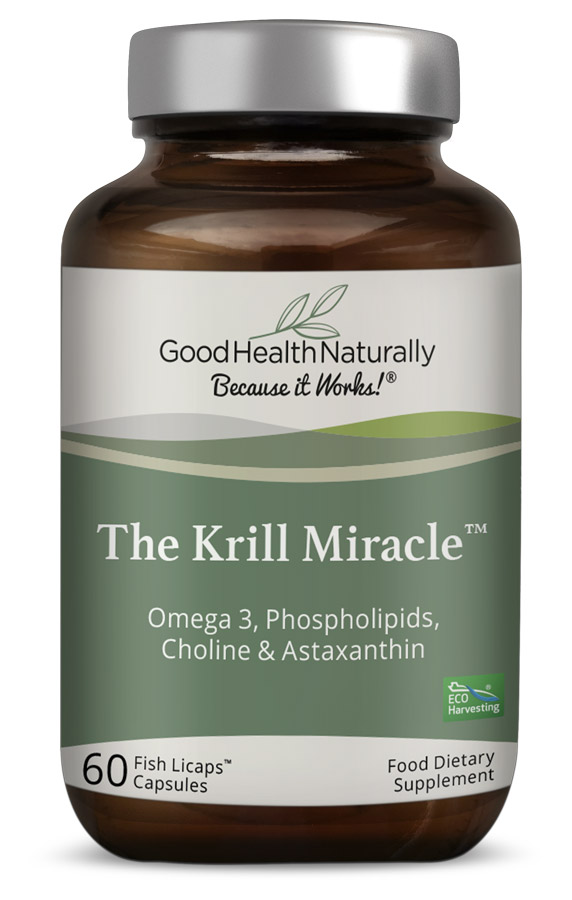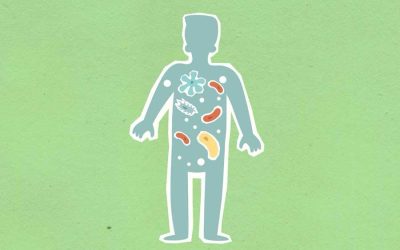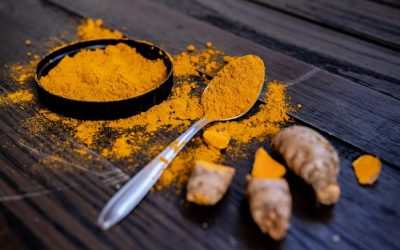Cleanse your body naturally to help eliminate toxins, revitalise your energy, and restore balance, helping you feel your best inside and out.
Signs Your Body Needs a Cleanse
We are constantly exposed to toxins from our food, the environment, and even from experiencing stress. Over time, these toxins can build up, overloading our natural detoxification and elimination systems. But how do you know when your body is crying out for a cleanse, and what’s the best way to go about it?
Our liver, kidneys, lymphatic system, and skin work tirelessly to detoxify the body and maintain balance. However, when these systems are overwhelmed, you may feel fatigued and have low energy. If you’re feeling drained despite getting enough sleep and rest, toxins may be overburdening your body and hampering efficient energy production. Difficulty falling or staying asleep or waking up feeling unrested may result from an overworked liver or adrenal glands.
Bloating, constipation, diarrhoea, or frequent indigestion can indicate that the digestive system needs help processing toxins and waste effectively. Cravings for sugar, processed foods, caffeine, or energy drinks can be a sign the body is seeking a quick energy fix due to toxin-induced fatigue or underlying toxic stress. Skin problems, such as acne, rashes, or a dull complexion, often suggest that toxins are trying to escape through the skin.
Excess toxins in the system can also cause brain fog, difficulty concentrating, mood swings, and mental sluggishness. At the same time, overloaded detox pathways can trigger inflammation, causing frequent headaches, muscle pains, and more. Toxic accumulation in fat cells can make it harder for the body to metabolise fats efficiently and, therefore, difficult to lose or gain weight. Frequent colds, infections, or slow wound healing often indicate a weakened immune response.
What’s Overloading Your Body?
Several factors can contribute to the body becoming overloaded with toxins, thereby stressing the detoxification pathways. These factors can come from external environmental sources, as well as lifestyle, physiological, and psychological sources. Understanding the common culprits can help you make informed choices and minimise exposure.
Environmental sources include airborne toxins such as smog, vehicle exhaust, and industrial emissions, waterborne contaminants such as heavy metals, chlorine, fluoride, and other pollutants that can be found in drinking water, as well as pesticide and herbicide residues that can be found non-organic foods. BPA and other plasticisers from food packaging and storage can leach into food and beverages. Many cleaning products contain harsh chemicals such as ammonia and bleach, while cosmetics can have parabens, phthalates, synthetic dyes, and fragrances that can be absorbed through the skin. All these can introduce harmful particles and chemicals into the body and contribute to a toxic build-up.
Diet can play a significant role in creating a toxic overload. Processed foods, high in preservatives, artificial additives and flavours, and trans fats can overwhelm detox systems. A low-fibre diet can reduce the body’s ability to bind and eliminate toxins via the digestive system. Excess sugar promotes inflammation and can lead to liver fat accumulation (non-alcoholic fatty liver disease), while overconsumption of alcohol and caffeine can dehydrate and strain detox organs. Dehydration can also cause problems. An adequate water intake is needed for toxins to be efficiently flushed out.
Chronic stress leads to elevated cortisol levels, which can, in turn, impair liver function and exacerbate inflammation, reducing the body’s detox capacity. An imbalance in the gut microbiome, as with poor sleep, can also allow toxins to accumulate.
What are the Benefits of Cleansing?
When you cleanse your body naturally, you can improve energy and vitality by reducing the intake of processed foods and supporting liver and gut health. Cleansing often includes whole, fibre-rich foods that promote regular bowel movements, reduce bloating, and improve gut microbiome balance. Eliminating toxins and focusing on hydration and nutrient-dense foods can result in a healthier complexion and reduced skin issues like acne or dullness.
A cleanse can help reduce brain fog, improve focus, and stabilise mood by eliminating inflammatory foods and supporting hormonal balance. Removing processed foods, sugar, and potential allergens can decrease systemic inflammation linked to many chronic conditions. Cleanses often encourage healthy eating habits, which may kickstart weight loss or help overcome weight-loss plateaus.
A cleanse can provide the body with vitamins, minerals, and antioxidants essential for maintaining a robust immune response. Detoxifying the body and reducing caffeine, alcohol, and sugar can promote better sleep quality. Supporting liver function helps the body process and eliminate excess hormones, which can help reduce symptoms like PMS or fatigue.
Finally, a cleanse can serve as a reset, helping to break unhealthy food cravings and fostering beneficial eating practices. Cleansing isn’t about deprivation—it’s about mindful choices that support your body.
Types of Cleanses
There are many ways to tackle a cleanse. However, listening to your body and avoiding extreme or overly restrictive protocols is vital. This can be especially important if you haven’t cleansed before. A professional consultation can help design a safe, effective, and sustainable protocol.
Here are a few examples of some popular cleanses.
Whole Food Cleanse
This cleanse focuses on clean, whole foods like fruits, vegetables, lean proteins, and healthy fats. Giving the body nutrients can mean it has extra resources to clean and repair instead of dealing with stressors and ‘firefighting’.
Liver Cleanse
Here, the emphasis is on liver-supporting foods like beetroots, cruciferous vegetables, and herbs like milk thistle.
A Colon Cleanse, Reset and Rebalance
This includes probiotics, fibre, and prebiotics to help clean out the gut and help restore a healthy gut microbiome.
A Hydration Cleanse
This type of cleanse focuses on water, herbal teas, and electrolytes to flush the kidneys and improve cellular hydration.
The Dietary Cleanse
A simple balanced dietary cleanse is recommended to start with, unless guided by a healthcare professional. Focusing on wholesome foods and incorporating a wide range of nutrient-rich vegetable juices or smoothies provides quality nourishment and allows the cleanse to occur naturally.
Choose foods that nourish and support your body’s detox pathways. Leafy greens such as kale, spinach, and rocket neutralise toxins with their chlorophyll content. Cruciferous vegetables such as broccoli, cabbage, and Brussels sprouts help boost liver detox enzymes.
Citrus fruits such as lemons and oranges are rich in vitamin C, which can aid the body’s antioxidant defences. Beetroots and carrots are high in fibre and nutrients that promote liver health.
Berries, such as blueberries and raspberries, are not only low glycaemic but also have antioxidant powerhouses that help fight oxidative stress. Probiotic foods such as sauerkraut, kimchi, kombucha and kefir (non-dairy versions) can help restore gut balance.
Garlic and onions contain sulphur compounds that support liver detoxification, while ginger and turmeric are anti-inflammatory and help promote digestion and circulation. Other herbs and spices support detox pathways and digestion, such as coriander, which binds to heavy metals, parsley, dandelion, and milk thistle, which are helpful for the liver.
Healthy fats such as avocado, olive oil, and nuts support cellular repair and nutrient absorption.
Consider adding some supplements to support cleansing your body naturally
Supplements can effectively enhance the benefits of a cleanse. Digestive enzymes support efficient food breakdown, reducing digestive strain and improving nutrient absorption. Probiotics replenish beneficial gut bacteria, promoting a healthy microbiome, which may become imbalanced during cleansing.
Naturally active charcoal aids in toxin elimination by binding to harmful substances in the gut, helping alleviate bloating and toxin-related discomfort. Magnesium supports regular elimination and helps combat cleanse-induced fatigue. Antioxidants like vitamin C and glutathione bolster immune health and alleviate oxidative stress from toxin release. Since many cleanses exclude animal products, it’s essential to include a B12 supplement to prevent deficiency. An omega-3 supplement can provide healthy fats, which are often limited in many cleansing protocols. Omega-3 fatty acids are essential for building new, healthy cell membranes and supporting the repair of damaged ones.
The increased fluid intake during a cleanse can lead to the loss of electrolytes like magnesium, potassium, and sodium. Replenishing these through coconut water, sea salt, or electrolyte supplements can help maintain proper balance.
What to do to support a cleanse further
During any cleanse, staying well-hydrated is crucial to help flush out released toxins efficiently. Ensuring regular bowel movements is equally important for this process. Colonics can be highly effective in supporting detoxification. If you experience sluggishness, fatigue, or headaches during a cleanse, learning to perform enemas can provide significant relief and serve as a convenient alternative to waiting for a colonic appointment.
To maximise the benefits of your cleanse, choose a time when you can prioritise rest and enjoy restorative sleep, which enhances the body’s natural healing abilities. Finally, and perhaps most importantly, aim to reduce or eliminate stress as much as possible to support your overall well-being.
Conclusion
In summary, to cleanse your body naturally, make sure to stay hydrated by drinking plenty of filtered water, herbal teas, and coconut water to flush out toxins. Focus on whole foods by building meals, juices, and smoothies around fresh, organic fruits and vegetables. Remember to include healthy fats and protein. Including nuts, seeds, and legumes will help maintain energy and prevent muscle loss. Focusing on smaller, nutrient-dense meals can help reduce digestive strain.
It is just as important to listen to your body, pay attention to how you feel, and adjust as needed—fatigue or dizziness may indicate a need for more nutrients, more water, or even an enema.
Cleansing isn’t just a physical reset—it’s a chance to tune into your body, nurture your health, and discover a more vibrant you. Whether you want to address specific symptoms or refresh after overindulgence, a cleanse can set the stage for lasting wellness.


